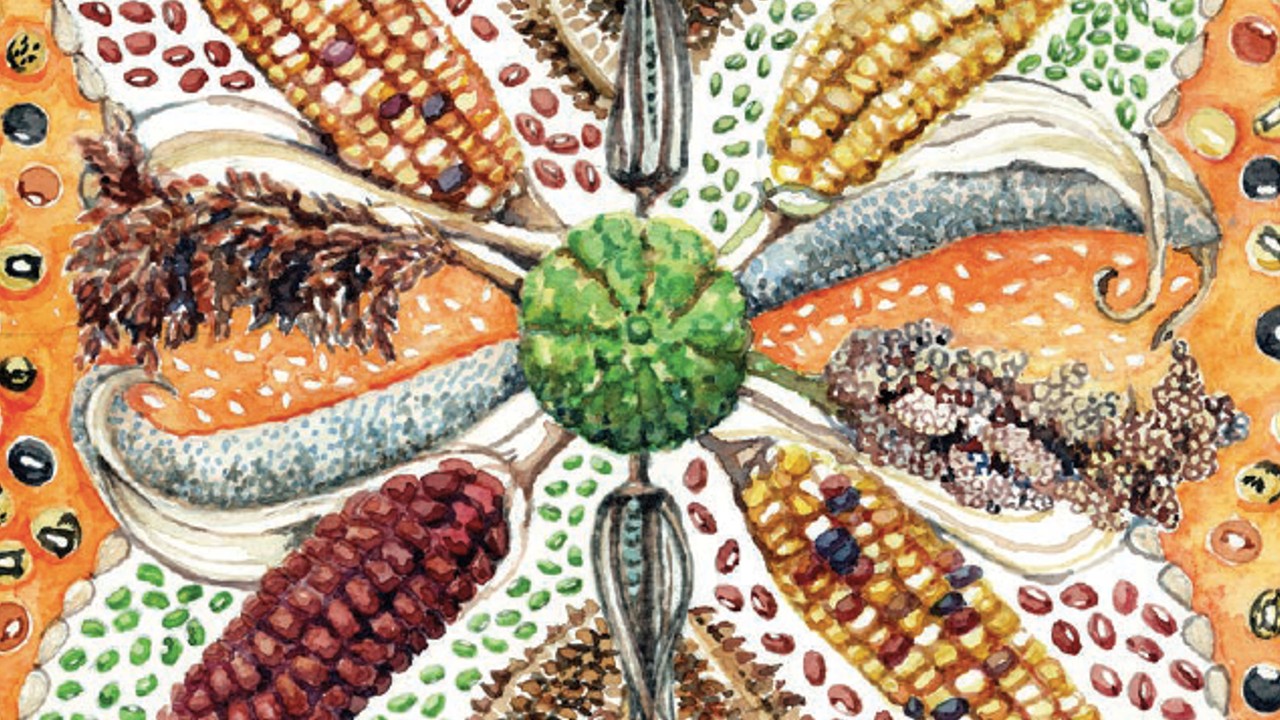Latest Seed Laws & Policies Resources
5 December 2023
Draft Plant Breeders’ Rights and Plant Improvement Act Regulations
Further comments submitted by the African Centre for Biodiversity (ACB). In November, the Department of Agriculture, Land Reform and Rural Development (DALRRD) hosted stakeholder consultations in Pretoria and Cape Town on the regulations of the Plant Breeders’ Rights (PBR) and Plant Improvement (PI) Acts. The ACB was quick to accept the invitation to attend both […]
READ20 July 2017
Call to public meeting on corporate seed Bills ahead of public hearing
The Plant Breeders’ Rights and Plant Improvement Bills restrict the saving, trading, exchanging, and sale of seed. This can have massive ramifications on seed and food sovereignty, agricultural biodiversity, access to diverse seed, and increasing the disparities and inequalities in South African agriculture, food and nutrition. We urgently need to protect and preserve our food […]
READ3 July 2017
Lobbying papers on South Africa’s Plant Improvement Bill and Plant Breeders’ Rights Bill
Commentary on South Africa’s Plant Improvement Bill and Plant Breeders’ Rights Bill. Read here.
READ5 May 2017
Impacts of Seed Laws on farmer managed seed systems
Seed laws often overlook the vital role of farmer-managed seed systems (FMSS), sidelining smallholder farmers and their locally adapted varieties, which don’t meet formal criteria. Learn more about these and other topics in the factsheets produced by the ACB for smallholder farmers in Africa. The materials are available in several languages and cover a range […]
READ5 May 2017
What are the DUS criteria?
DUS stands for Distinct, Uniform and Stable. The DUS criteria aims to supply industrial-scale commercial farming systems while smallholder farmers plant seed that is not distinct, uniform or stable. This third factsheet gives more information on this system and the potential impact on smallholder farmers. Learn more about these and other topics in the factsheets produced by the […]
READ5 May 2017
What is quality declared seed?
The quality declared seed (QDS) system is part of the formal seed system and also controls seed quality and purity. The QDS has several benefits, including the system being a good employment opportunity for farmers who produce improved seed. It does, however have drawbacks such as the limited access to basic seed for seed multiplication. […]
READ5 May 2017
What is a seed law?
Seed laws were developed by governments and industry and are used as instruments to replace and undermine the farmer-managed seed system. Learn more about these and other topics in the factsheets produced by the ACB for smallholder farmers in Africa. The materials are available in several languages and cover a range of topics dealing with […]
READ2 June 2016
Integration of small-scale farmers into formal seed production in South Africa
The scoping report looks at key policies, legislation and programmes in SA with an emphasis on seed laws and considers the implications for small- scale farmer involvement in this sector and outlines a few projects on community seed production, indigenous crops and black- owned private sector seed production efforts.
READ8 June 2013
ACB’s comments on the Plant Breeders Rights Bill
We are grateful to the Department of Agriculture, Forestry and Fisheries for allowing us the opportunity to attend the stakeholder workshop on the 22nd of May 2013 and for inviting us to submit our comments on the Plant Breeders’ Rights Bill. We are also pleased to note that the DAFF has indeed taken on board […]
READ8 June 2013
Comments by the African Centre for Biosafety on SA’s Plant Improvement Bill
According to the United Nations Food and Agricultural Organisation (UNFAO), over the course of the 20th century, 75% of the world’s plant genetic diversity was lost, as local varieties and land races have been replaced with genetically uniform seed. A similar process in animal husbandry has put 53% of all livestock breeds at risk of […]
READ








